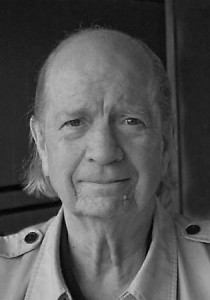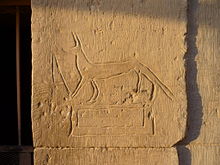na
vajon melyik szó hiányozhat egy falfirkás humorból?... a fordítása szókincs-segítséggel nem nehezebb 2/5 szintnél – legalábbis ha
már megnézted az igeidők videót, ugye :)
segítség a nyelvtanhoz:
* igeidők (videó)
Wikipedia:
In the Gregorian calendar, New Year's Eve (also known as Old Year's
Day or Saint Sylvester's Day in many countries), the last day of the
year, is on December 31 which is six days after Christmas.
Samoa
and parts of Kiribati are the first places to welcome the New Year
while American Samoa and Baker Island in the United States, are among
the last...
New
Year's Eve (Szilveszter) in Hungary is celebrated with home parties
and street parties, including a gathering in downtown Budapest.
Fireworks and firecrackers are popular. Champagne, wine and
traditional Hungarian New Year dishes — frankfurter sausages with
horseradish, lentil soup, fish, and roast pig — are consumed. The
national anthem is commonly sung at midnight.
In
Budapest, the Timewheel runs out on New Year's Eve, and is
mechanically rotated so that the sand run through it for another
year.
In
past centuries, some Hungarians believed that animals were able to
speak on New Year's Eve, and that onion skins sprinkled with salt
could indicate a rainy month.
Hungarian
Christian communities focus on celebrating Mass on both New Year's
Eve and New Year's Day...
In
English-speaking countries, a few popular songs are associated with
New Year's Eve, and it is common for them to be broadcast via radio
on (or shortly before) December 31: Even some Christmas songs focus on
the arrival of a new year during the Christmas and holiday season.
- "Auld Lang Syne" by Robert Burns. This is the song most closely associated with the holiday – especially the Guy Lombardo musical rendition. A version performed by Lea Michele was featured in the 2011 film New Year's Eve.

John
Masey Wright and John Rogers' c. 1841 illustration of Auld Lang Syne.
- "Happy New Year" by ABBA.
- "Imagine" by John Lennon.
- "It Was a Very Good Year" by Frank Sinatra.
- "It's Just Another New Year's Eve" by Barry Manilow.
- "Let's Start the New Year Right" by Bing Crosby.
- "New Year's Day" by U2.
- "Same Old Lang Syne" by Dan Fogelberg.
- "Let's Spend This New Year's Eve At Home" by Christi Bauerlee.
- "Kiss Me at Midnight" by 'N Sync from their 1998 album The Winter Album.
- "This Is the New Year" by A Great Big World.




























